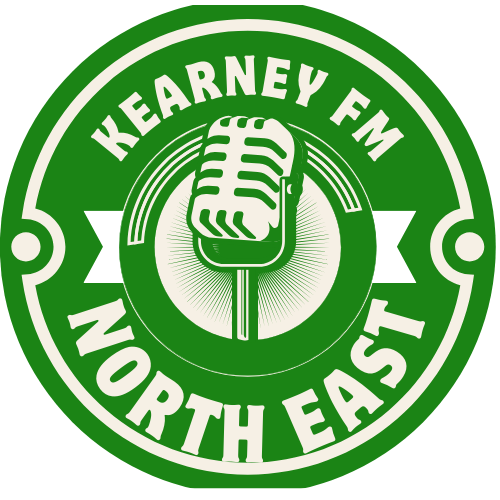|
Getting your Trinity Audio player ready...
|
The BBC issued nearly 41 million enforcement letters between 2023 and 2024, marking a sharp increase of four million compared to the previous year, as figures reveal a decline in licence fee revenue.
These letters, often criticised for causing distress, warn recipients that not having a TV licence could be a criminal offence, carrying fines of up to £1,000. Despite the increased outreach, the number of TV licences in force across the UK has fallen to 23.9 million, down by 400,000 from the previous year. The broadcaster has reported an £80 million drop in licence fee revenue, according to its latest financial results.
This decline equates to a 30 per cent drop in real income compared to 2010-2011, as reported by The Telegraph. Joanna Marchong of the Taxpayers’ Alliance remarked: “As their revenues plummet and more and more tune out, they’re showing their desperation by sending out this many letters and even suggesting forcing Netflix users to pay the licence fee.”
The BBC’s funding model through TV Licensing has remained largely unchanged since its introduction nearly eight decades ago. However, with the Royal Charter set to expire in 2027, significant changes could be on the horizon. Currently, a TV licence is required only for watching live television or BBC iPlayer, but government discussions are reportedly considering expanding this requirement to include Netflix and other streaming platforms. If implemented, this could significantly boost licence fee revenue, given that over 17 million UK households subscribe to Netflix.
A TV Licensing spokesperson told Reach: “TV Licensing has a responsibility to support the collection of the licence fee by communicating with unlicensed households. These letters generate more funds than they cost to send, allowing more money to be spent on programmes and services.”
The ongoing decline in TV licence subscriptions is widely attributed to the increasing shift towards streaming services, as those who solely use on-demand platforms are not legally required to pay the fee.
According to the TV Licensing website, letters are sent to all addresses without a registered TV licence or a declaration stating one is unnecessary. Households can inform TV Licensing if they do not require a licence to stop receiving letters, though this may be verified through a visit.
These letters outline when a TV licence may be required, steps to obtain one, and available payment plans to make the £169.50 annual fee more manageable. Households may receive multiple enforcement letters before a visit from licensing officers, who wear body cameras and may inspect the property for TV equipment or conduct interviews to assess compliance.
About The Reporter
Managing Director of Kearney CK Group Limited
































